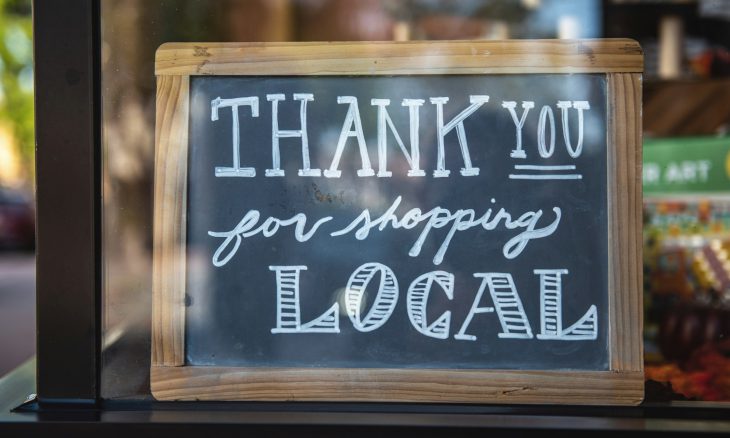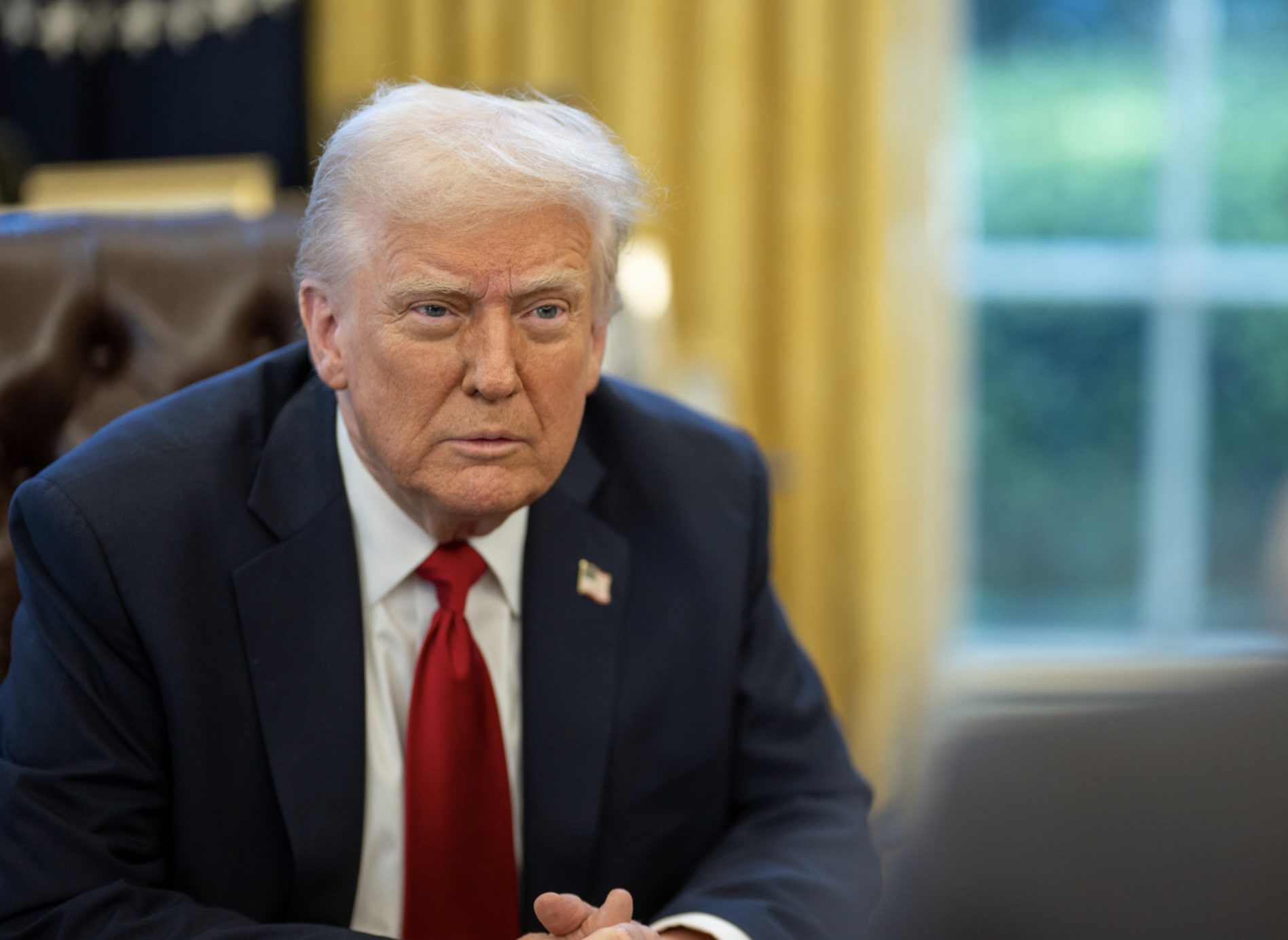Navigating Economic Challenges for American Small Businesses, Entrepreneurs, and the Middle Class.
PRAY FIRST for the well-being and resilience of individuals and families facing financial challenges, asking God to provide them with His strength, hope, and the support they need during these uncertain times.
“Fear not, for I am with you; be not dismayed, for I am your God; I will strengthen you, I will help you, I will uphold you with my righteous right hand.” – Isaiah 41:10
As of mid-2024, the U.S. economy has shown signs of resilience and growth. Key indicators such as GDP growth, employment rates, and consumer spending have been positive, suggesting a stable economic environment. However, beneath these broad indicators lies a more nuanced picture. While the stock market has performed well—providing wealth gains for investors—the benefits have not been evenly distributed. The middle class, particularly those of working age, continues to face financial pressures due to rising costs of living, healthcare, and education.
Challenges and Opportunities for the Middle Class and Small Businesses
The financial stability of the American middle class remains a pressing concern. Although unemployment rates are considered low, many working-age individuals struggle with stagnant wages and increasing living expenses. The rising costs of housing, healthcare, and education have outpaced wage growth, leading to financial insecurity for many. According to a recent study by the Pew Research Center, a significant portion of the middle class lives paycheck to paycheck with little room for savings or unexpected expenses.
Small businesses are also vital to the U.S. economy, which drives innovation and provides employment. However, despite the economy showing signs of resilience and growth, small businesses are facing significant challenges in the current economic landscape. Unfortunately, the COVID-19 pandemic dealt a severe blow to many small businesses, and while some have rebounded, others continue to struggle. Economic instability exacerbates these challenges and makes it difficult for small businesses to plan and invest in growth.
Small businesses are also at risk of being absorbed by large corporations. This trend has been particularly evident in industries like retail and food services, where economies of scale give larger companies a competitive advantage. In the face of such obstacles, small businesses that can adapt and innovate often find ways to survive and even thrive. Nevertheless, their ability to withstand prolonged economic instability remains uncertain.
Government and State-Supported Programs
The federal government has implemented several programs to support small businesses and the middle class. The Paycheck Protection Program (PPP) and Economic Injury Disaster Loans (EIDL) provided critical support during the pandemic, helping many businesses stay afloat. Additionally, tax incentives and grants are available to small businesses to encourage investment and growth.
For the middle class, programs such as the Child Tax Credit and Earned Income Tax Credit (EITC) offer financial relief for those with and without children. This tax credit helps to lessen the financial burden on workers with low to moderate incomes, consequently boosting their net earnings. There are also workforce housing subsidies, which are specifically designed to make housing more accessible and affordable for middle-income earners, including those without children. These initiatives target individuals who don’t qualify for low-income housing assistance but still face significant challenges due to high housing costs. The support provided includes rent assistance, down payment aid for prospective homebuyers, and incentives for developers to build affordable housing units. Such measures are crucial in bridging the affordability gap and ensuring that more people have access to suitable housing options.
Beyond federal initiatives, numerous states have implemented their own financial assistance and subsidy programs to support middle-class residents. These state-specific programs often include utility assistance to help manage energy costs, state tax credits to alleviate tax burdens, and various forms of financial aid tailored to meet the unique needs of middle-income individuals in different regions. These localized efforts play an important role in providing targeted relief and ensuring broader economic stability for the middle class.
The Role of Churches and Community Organizations
In the prevailing ongoing stress of living paycheck to paycheck and the ever-rising cost of living, many individuals find themselves grappling with despondency and a sense of hopelessness. Churches and community organizations continue to play a crucial role in supporting individuals and families during economic hardships. Many churches have provided and continue to provide food banks, financial counseling, and other resources to help those struggling to make ends meet. These efforts are invaluable in filling gaps left by government programs while offering a sense of community and support. Collaborations with local businesses and government agencies can enhance their impact and create a more robust support network for those in need.
Approaching the Topic of Economic Challenges Through a Christian Lens
Do we wallow in worry or vent our frustrations surrounding these hardships? No! As believers in Christ, we approach such topics from the standpoint that the Lord has given us “…a future and a hope” (Jer. 29:11 [ESV]). For this reason, maneuvering and leading discussions around the economy requires a balance of compassion and practicality. It is essential to stay informed about economic policies and their impacts, but also advocate for just and equitable solutions, and support those in need through both prayer and action. Action. It is imperative we pray for our government, for godly discernment in policymaking, and for the well-being of those living in the U.S. This is vital.
As indicated previously, the economy is presently a mix of growth and persistent challenges. Yes, some indicators suggest stability, but the financial strain on the middle class and small businesses is prevalent. Even with the implementation of government programs that offer some relief, broader efforts are needed to ensure equitable growth and stability. God calls us to cast all of our “anxieties on him, because he cares for you” (1 Pet. 5:7) and to “pray without ceasing” (1 Thess. 5:17). The things in this life are uncertain, unstable. One this is for certain: “…the word of our God will stand forever” (Isaiah 40:8).
HOW THEN SHOULD WE PRAY:
— Pray that we would remember the humanity within our communities, asking God to cultivate a spirit of cooperation and mutual support among neighbors, businesses, and community organizations. Put on then, as God’s chosen ones, holy and beloved, compassionate hearts, kindness, humility, meekness, and patience. – Colossians 3:12
— Pray to God for strength and encouragement for small business owners who are struggling, asking God to grant them perseverance, creativity, and the resources they need to sustain and grow their businesses. Let the favor of the Lord our God be upon us, and establish the work of our hands upon us; yes, establish the work of our hands! – Psalm 90:17
CONSIDER THESE ITEMS FOR PRAYER:
- Pray for financial stability and provision for American families.
- Pray for innovation and adaptability for the owners and employees of small businesses.
- Pray for the emotional and mental well-being of individuals affected by economic stress.
- Pray for recovery and improvement of the American economy, and for government leaders who implement change within the nation.
Sources: Brookings Institute, Federal Trade Commission, Kiplinger, Pew Research Center, USA.gov, U.S. Bureau of Economic Analysis, Small Business Administration









